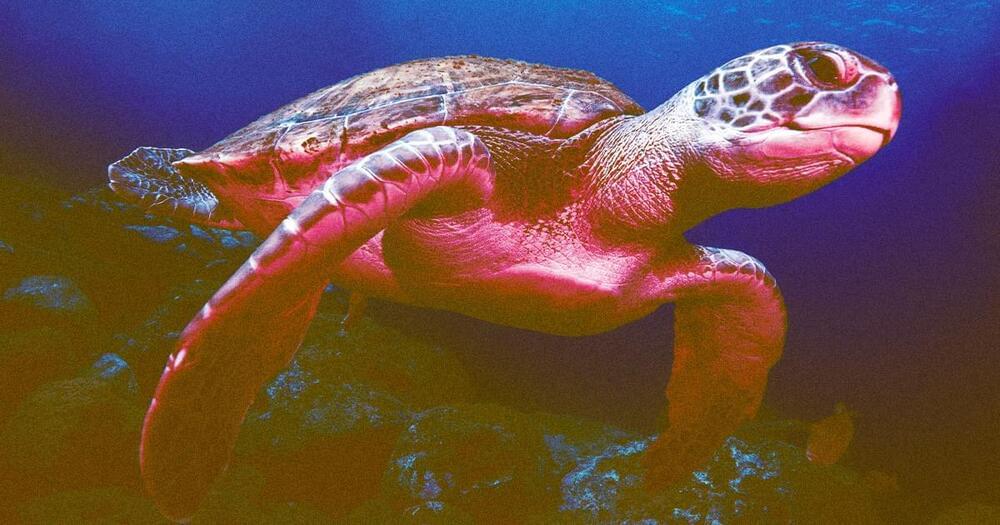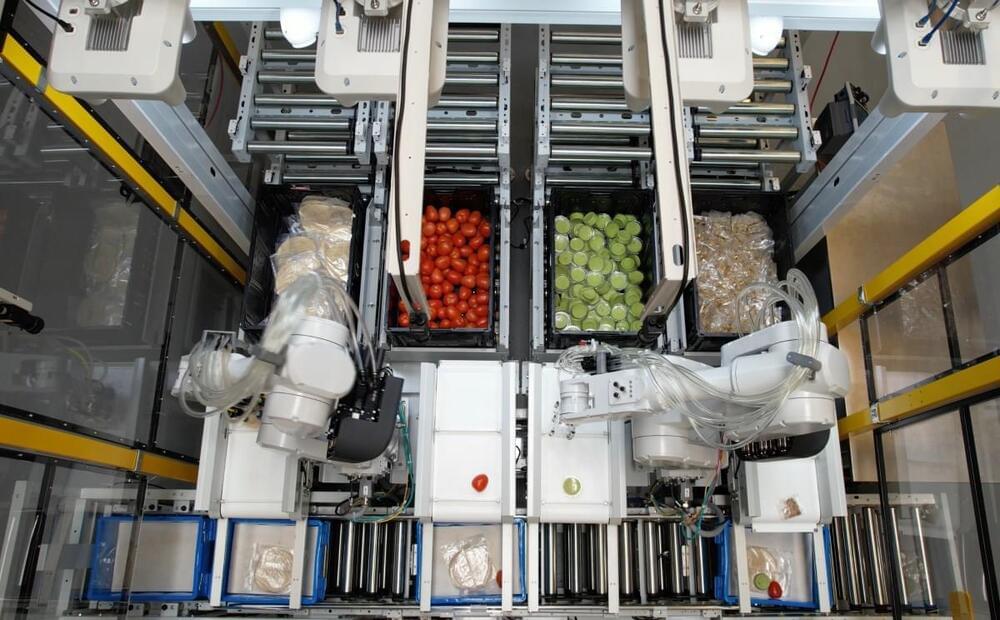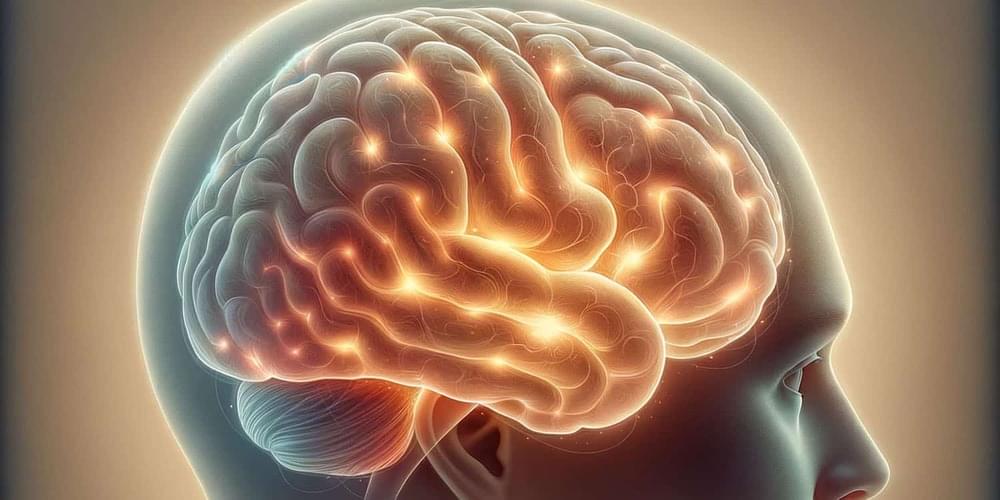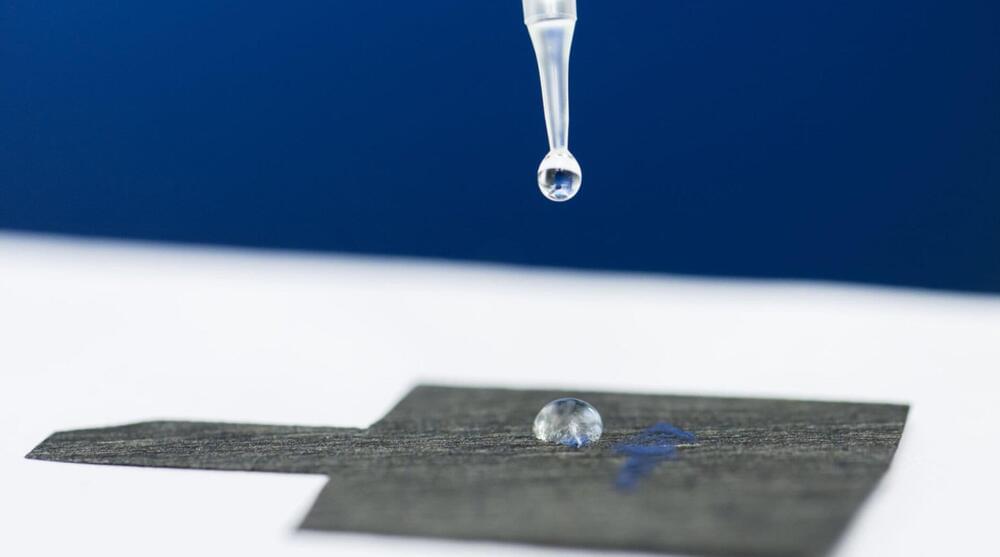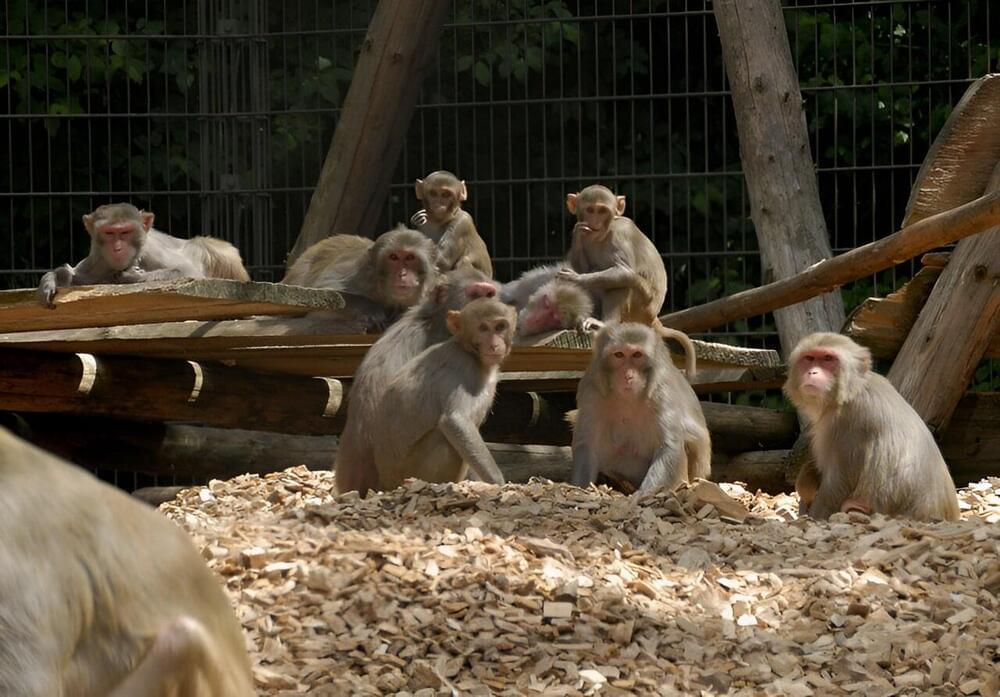
Nothing of the mind is foreign to David Eagleman, neuroscientist, technologist, entrepreneur and one of the most interesting scientific writers of our time. Born in New Mexico 52 years ago, he now researches cerebral plasticity, synesthesia, perception of time and what he called neurolaw, the intersection of the brain’s knowledge and its legal implications. His 2011 book Incognito: The Secret Lives of the Brain has been translated into 28 languages, and he returned to publishing with Livewired: The Inside Story of the Ever-Changing Brain, which focuses on a fundamental idea for today’s neuroscience: that the brain is constantly changing to be able to adapt to experience and learning. The science he brings to us isn’t merely top-notch, but firsthand, and his brilliant, crystal-clear writing — a perfect reflection of his mind — turns one of the most complex subjects of modern-day research into food for thought for the interested reader. We spoke with him in California by videoconference, the first interview that he’s given to a Spanish publication in a decade.
Could a newborn brain learn to live in a five-dimensional word? “We don’t actually know which things are pre-programmed and how much is experiential in our brains,” he replies. “If you could raise a baby in a five-dimensional world, which, of course, is unethical to do as an experiment, you might find that it’s perfectly able to function in that world. The general story of brain plasticity is that everything is more surprising than we thought, in terms of the brain’s ability to learn whatever world it drops into.”
Eagleman pulls out a sizable bowl of salad from somewhere, scoops a forkful into his mouth and continues his argument: “The five-dimensional world is hypothetical, but what we do see, of course, is that babies dropping into very different cultures around the planet, whether that’s a hyper-religious culture or an atheist culture, whether it’s a culture that lives on agriculture or a culture that is super technically advanced like here in Silicon Valley, the brain has no problem adjusting. My kids, when they were very young, could operate an iPad or cell phone just as easily as somebody growing up in a different place would operate farming equipment. So, we do know that brains are extremely flexible.”
